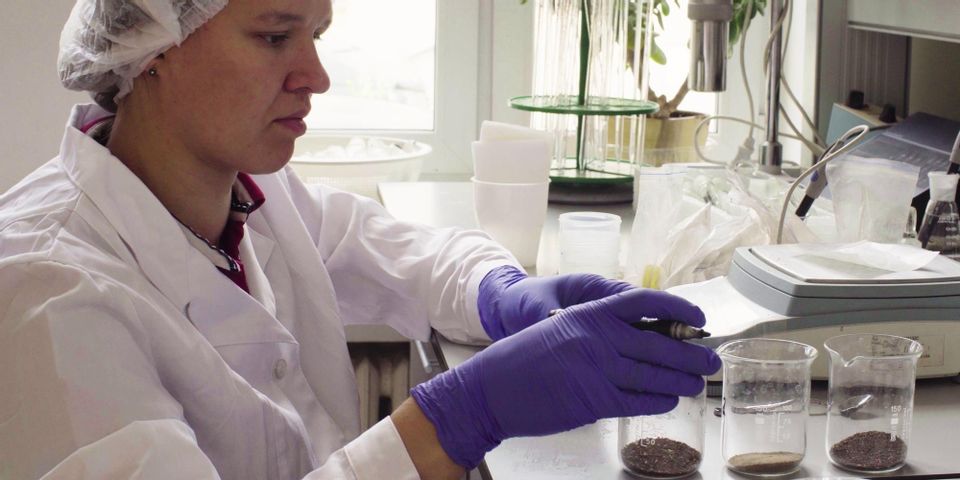3 Reasons Soil Testing Is Required for Farming

Farmers always have to test their soil for nutrients, salts, and pH levels. Since these properties affect how crops grow, knowing their precise levels will ensure your farming operations and yield go as expected. If you’re a farmer considering this service, here’s more information about what it does and how it helps you.
Why Farmers Test Their Soil
1. Prep for Planting
Your grain and other crops need nutrients to grow healthy, including nitrogen, phosphorus, and potassium. Having too little of these essentials can result in poor yield or produce quality. Early soil testing determines whether the area is lacking any compounds that you can supply with fertilizers.
2. Monitor Growth
 As plants draw nutrients from the soil, they can change its balance. Wet or warm weather can also decrease its pH, which can lead to soil acidification. The more acidic the soil, the less available nitrogen and phosphorus are, affecting plant growth. To protect your yield, you may need to adjust the soil pH. Continued testing throughout the growing season ensures conditions stay favorable for agriculture, guiding you through every stage of your crop’s life cycle.
As plants draw nutrients from the soil, they can change its balance. Wet or warm weather can also decrease its pH, which can lead to soil acidification. The more acidic the soil, the less available nitrogen and phosphorus are, affecting plant growth. To protect your yield, you may need to adjust the soil pH. Continued testing throughout the growing season ensures conditions stay favorable for agriculture, guiding you through every stage of your crop’s life cycle.
3. Reduce Costs
Soil testing not only tells you when to add fertilizer, but also when the soil doesn't need more help. This saves you money immediately and in the long run. For example, if you’re growing hay, you need to make sure fertilizers high in sulfur and boron are applied in the spring to increase your yield— but only if the soil is short on these elements.
For knowledgeable farming help, tools, and supplies, contact Allied Cooperative in Adams, WI. Serving farms throughout Wisconsin, they offer services and products for pest management, fertilizing, and crop scouting. As a co-op, they’re run by their farming members. Learn more about their agronomy services online, or call (800) 247-5679 to discuss your needs.
About the Business
Have a question? Ask the experts!
Send your question

